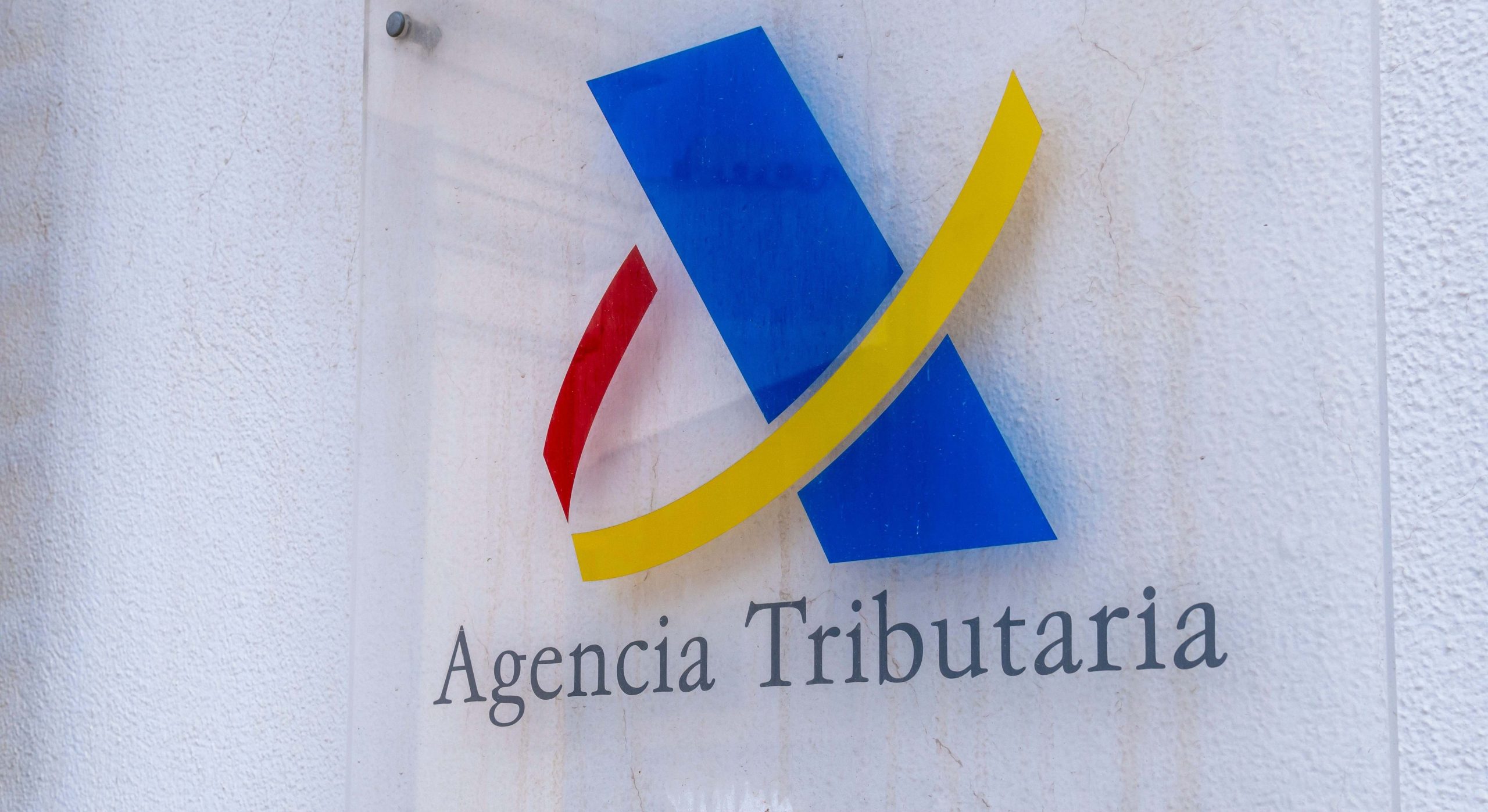Everything you need to know about interposed companies.
For professionals and freelancers, the idea of invoicing services through a limited company can be attractive. The main reason is the difference between the corporate tax rate (generally lower) and the Personal Income Tax (IRPF), which can be significantly higher.
However, what initially seems like a tax planning strategy can become a serious problem if the Spanish Tax Agency (Hacienda) interprets it as an interposed company.
What does hacienda consider an interposed company?
For the Spanish Tax Agency, an interposed company is a legal structure used by a professional (lawyer, architect, consultant, etc.) to channel their income solely to avoid the higher taxation of IRPF.
In essence, it is considered a simulation, where the individual remains the real service provider, but the company is used as a mere intermediary or “screen.”
The focus of the inspection
The focus of the inspection is not on the existence of the company itself, but on its lack of economic reality. The key question is whether the company carries out its own substantial activity, or whether it is simply a vehicle to reduce the personal tax burden.
Red flags that trigger an inspection
Hacienda has developed a sharp eye for detecting these situations. The main warning signs are:
- Lack of material and human resources: the company has no real infrastructure. It lacks its own office (or operates from the professional’s home), has no employees other than the shareholder-professional, and minimal equipment.
- The professional is the only asset: the company’s activity depends exclusively on the individual’s skills. If the professional were absent, the company could not continue operating.
- No real business risk: the company does not assume typical business risks such as investments, significant operating expenses, or commercial risks.
- Direct link between the professional and the client: clients hire and interact directly with the professional, not with the company. Service contracts, if they exist, are signed with the individual, not the company.
The serious consequences of being detected
If the Spanish Tax Agency concludes that your company is an interposed company, the consequences can be severe:
Reclassification of income
Income invoiced through the company is attributed directly to the shareholder-professional. This means Hacienda will demand payment of the corresponding IRPF, applying the rates that would have been due if the activity had been carried out as a freelancer.
Interest and penalties
In addition to the principal debt (the unpaid IRPF), late payment interest will be charged, along with a financial penalty ranging from 50% to 150% of the unpaid amount, depending on the seriousness.
Loss of tax benefits
The company may lose the right to apply certain deductions or to be taxed under the corporate tax regime.
How to protect yourself: Building a company with “substance”
To avoid being classified as an interposed company, the key is to demonstrate that your business has a real activity separate from the individual professional.
Some crucial measures include:
- Adding real value: the company should provide more than just the professional’s personal skills. For example, it can employ staff, collectively manage a client portfolio, or develop products and services.
- Having its own resources: it is essential for the company to have its own registered office and workplace (not the professional’s home), equipment, and hired personnel.
- Assuming business risks: the company should demonstrate investments, staff and advertising expenses, or even losses in its accounts. This shows it operates independently in the market.
- Formalizing relationships: the company should sign contracts with clients, while the professional should have an employment or commercial contract with the company to justify salary or service payments.
Conclusion on interposed companies
Ultimately, tax inspections do not seek to punish those who have companies, but those who misuse them. The difference between proper tax planning and simulation lies in the substance and legitimacy of the business.
Consulting with tax experts is always the best way to ensure that your corporate structure is robust and compliant with regulations.
Contact our tax lawyers in Mallorca
At Resitax, we help you prevent tax penalties and design secure business structures. Request a no-obligation consultation with our expert tax lawyers in Mallorca and secure the peace of mind your business deserves.







